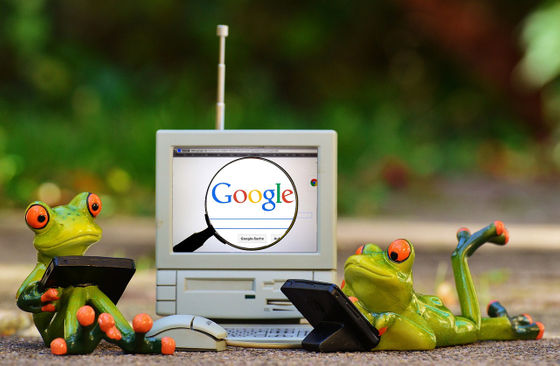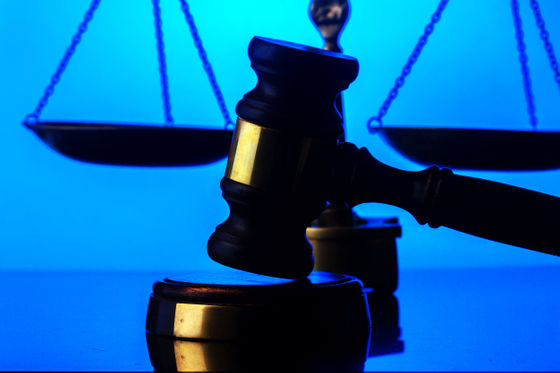Pointed out that Google's antitrust lawsuit is an unusual ``closed trial''

When Microsoft was sued by the U.S. Department of Justice in 1998, founder Bill Gates' response was reported as a front-page article, and the world's richest man was seen floundering on the witness stand. it was done. On the other hand, in the Justice Department vs. Google
How to Hide a $2 Trillion Antitrust Trial
https://www.thebignewsletter.com/p/how-to-hide-a-2-trillion-antitrust
According to Stoller, the major difference between the Microsoft and Google trials is quite simple: the Microsoft trial was open to the public, while the Google trial was largely closed to the public. thing.
In the Microsoft case, more than 100 sworn testimonies, some of which were brought up in the trial and others not, were released as records, but Judge Amit Mehta, who is in charge of the Google case, said that Google We have rejected a request from a third party to release the audio recording of the trial. Google has requested that the trial not be made public in order to protect privacy and confidential information, and the courts are also at Google's mercy, so most of the facts that Google does not want to come to light are kept secret. .

As for how unusual this is, Stoller said, ``Google's lawyers have argued that the court documents should be sealed because they constitute '
Since the trial is not open to the public, you will need to go to the District of Columbia court in person to watch the progress of Google's trial, but it will be clear in advance how long the court will be closed to the public and when it will reopen. It is said that it has not been done. As a result, those who wish to watch the trial must wait outside the courtroom for the doors to open, and even if they finally sit in the audience seats, they are not allowed to use electronic devices such as recorders.
The public status of court cases to date is as follows.
・September 18, 2023: Approximately half of the trials are closed.
・September 19, 2023: Full release.
・September 20, 2023: Approximately three-quarters closed.
・September 21, 2023: Approximately half will be closed.
・September 22, 2023: All courts were closed, and the courtroom was only open for a few minutes to process the final paperwork.

As a result of this measure, most of John Gianandrea's testimony, which is considered the most important part of the trial, has become private. Gianandrea is a senior executive who reports directly to CEO Tim Cook, who moved from Google to Apple in 2018, and is said to be a key figure in the rapid approach between Apple and Google. However, only 10 minutes of Gianandrea's testimony was made available to the public.
According to research by The New York Times, two-thirds of the 35 answers filed by Google in the trial have not been made public. In addition, Gabriel Weinberg, CEO of the search engine DuckDuckGo, testified for five hours as a witness, but only one hour of that was open to the public. In addition, the Google trial continues to lack transparency, with more than half of Apple's top executive Eddie Cue's more than four hours of testimony being kept private.
The problem is not just with Judge Mehta, who is keeping his trials private at the behest of Google. The Department of Justice is also said to be showing a weak attitude, not supporting the non-profit organization that requested the release of the audio, and asking the judge's mood to keep the lawsuit private every time Google expresses displeasure. Mr. Stoller criticized the Department of Justice, which is a government agency that represents the American people, as pandering to Google, which is inconsistent with its duty to the people to whom it entrusts its authority.
'I didn't know what to expect from this trial, but the information blackout was unexpected, but it also seems not surprising,' Stoller said at the end. 'No one knows the value of privacy.'
Related Posts:
in Web Service, Posted by log1l_ks







